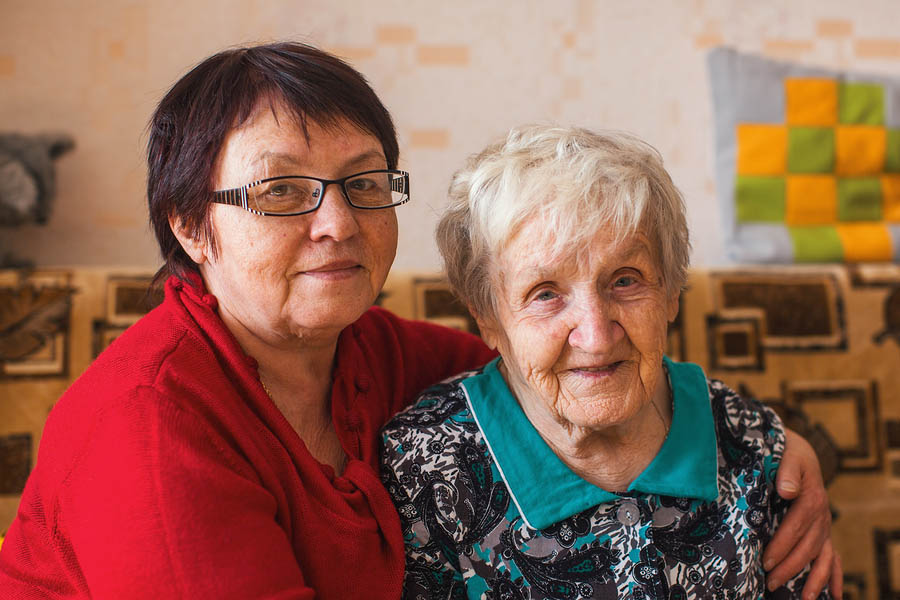How to Care for an Elderly Parent in your Home

As your parent ages, it’s time to start thinking about whether they require more frequent supervision. If they do, you have one question to answer: Can my family and I welcome my parent into my home for round-the-clock care? In this post, we will review how to plan for aging parents, how to care for an elderly parent in your home, and the benefits for taking care of your elderly parent.
Can I Care For My Elderly Parent?
There is a high financial and emotional cost for taking care of elderly parents at home. Parenting your aging parents includes additional expenses for food, transportation to and from appointments, and other possible necessities such as wheelchair ramps or grab bars. Furthermore, you may have to cut back on work hours or leave your job entirely to take care of your loved one. If you do not have the resources to leave your job, you will have to pay for in-home care.
However, there are ways to receive payment for your time while taking care of elderly parents in your home. This can include utilizing insurance benefits, tax deductions if they meet the IRS requirements to be considered your dependent, and the Medicaid Cash and Counseling Program. You can use these additional funds to provide extra care for your parent.
In addition to finances, there are other questions to consider when moving your parent into your home. They include:
- How do other family members living at home feel about this possible living situation?
- Do other family members have the capacity to assist me? Do my young children have means to assist themselves? Can they receive help from my spouse or another loved one?
- Am I willing to give up my privacy? How can I establish boundaries?
- Will my home be able to accommodate my parent’s needs?
- Does my parent have certain behaviors that bother or upset me? Can this be worked on?
Preparing Your Home for Elderly Parents
Now that you know whether you have the capacity to take care of your aging parents, let’s go over how to prepare your home. It’s imperative to keep your home safe and easily accessible if your parent has limited mobility. Some tasks you can take up include but are not limited to:
- Renovating hallways and doorways to make them wider
- Adjusting lighting
- Installing ramps
- Installing switches and controls so they can be reached via wheelchair or bed
- Installing a frame-less walk-in shower
- Investing in an anti-scalding device for your tub or shower to prevent burns
- Purchasing a shower chair or waterproof shower seat
- Adding a raised toilet with grab bars
- Installing no-slip strips in the bathtub or shower to lessen chances of falling
- Repairing loose carpeting or floorboards to minimize fall risk
- Putting non-skid treads on steps
- Removing locks from bedroom and bathroom doors for easy entry in case a loved one falls
- Installing an induction cooktop, which shuts off when a pot is removed from the burner
- Keeping a fire extinguisher within reach in the kitchen
- Installing carbon monoxide and smoke alarms
- Clearing electric cords out of the way to prevent trips
Advantages of Taking Care of the Elderly at Home
Caring for elderly parents in your home can be challenging but it can also be beneficial to your loved one. These advantages include:
- More independence
- More family time
- A stronger bond with the caregiver, someone they trust
- Familiar surroundings, especially if they have dementia
- Faster recovery due to decreased chances of catching germs from a medical facility
- No limits on having pets for companionship
- Peace of mind for you, the caregiver
Subscribe
Date: August 15, 2019


